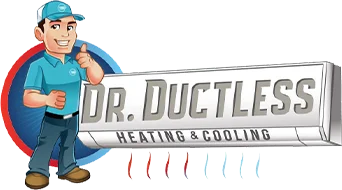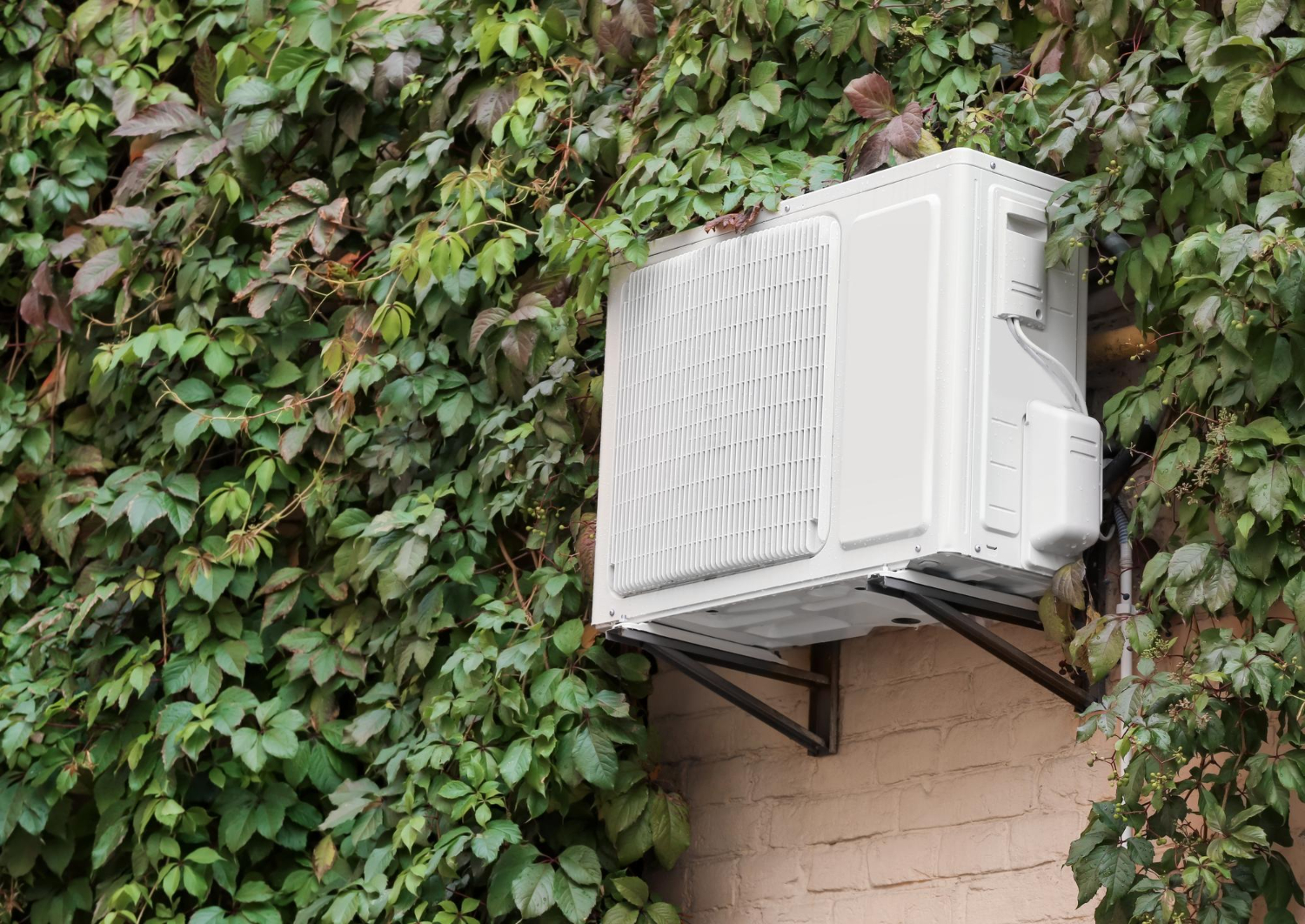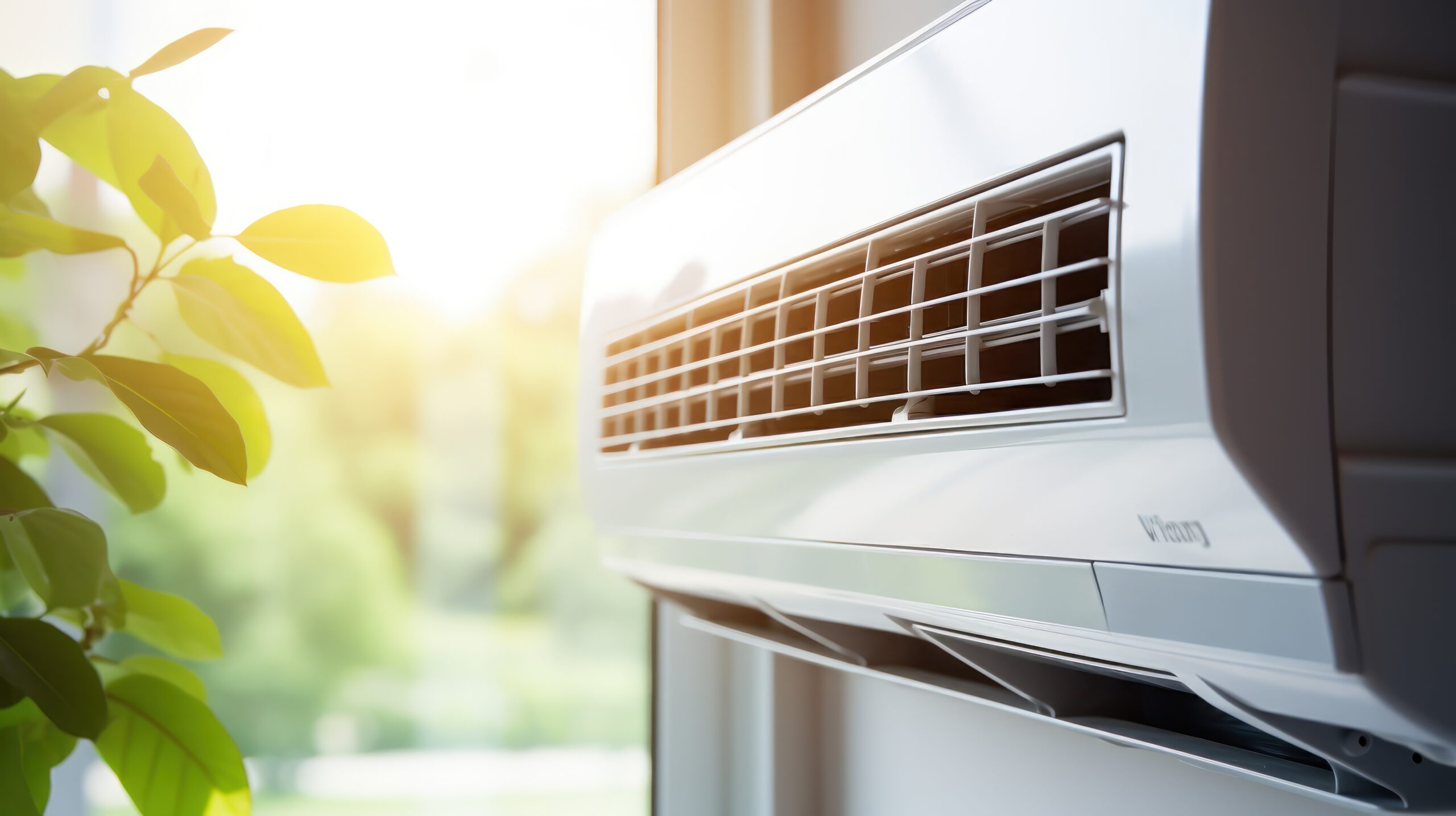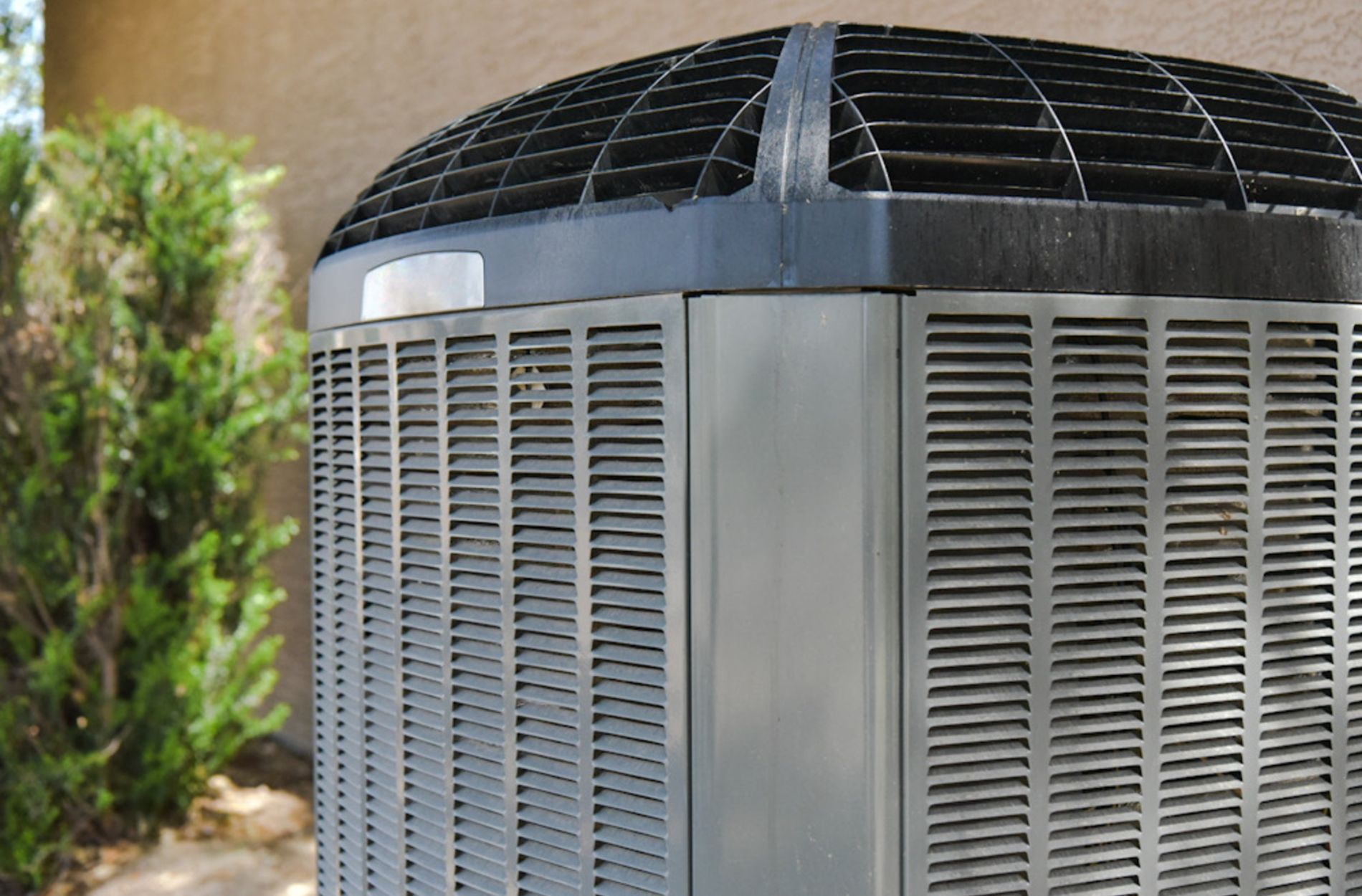A contractor coil is a device used to complete an electric circuit. Contractors usually feature multiple contacts. These contacts remain open and send operating power to the load when the contactor coil is energized. A contractor has three components.
- Coil or Electromagnet: coils are the most crucial part of a contractor. The force that closes the contacts is generated by the coils or electromagnet of the contractor.
- Enclosure: contactors feature an enclosure that provides insulation of the coil. It can be made of different materials such as bakelite, polycarbonate, polyester, etc.
- Contacts: contacts are also known as the current-carrying part of the contractor. They may include auxiliary power contacts, power contacts, or spring contacts.
When a current passes through the contractor, it excites the electromagnet, producing a magnetic field. This magnetic field makes the contractor core move the armature. A normally closed contact completes the circuit between the fixed and moving contacts. This ensures a flow of current through the contacts to the load. When the current is removed, the coils de-energize and open the circuit. A constant closing and opening action are what differentiates them from relays.
However, when contractor coils begin to fail, they usually do so for the following reasons.
- Overvoltage: When the supply and appliance voltage ratings do not match, contractor coils burn out due to oversupply. Such anomalies can be prevented by being careful during installations.
- Overheating: Contractors require ambient temperatures around them for normal functioning. Usually, the recommended temperature maintained within the contractor enclosure is 60 degrees Celsius. This should be the air temperature in the vicinity of the contactor coils and not the overall enclosure. Therefore, any build-up of hotspots should be closely monitored. Minor temperature fluctuations are deemed permissible if the nominal coil voltage does not exceed.
- An Obstruction: A coil burning out can also be common in places with too much pollution. Dirt and soot build up between the mating faces and hinder the connection. If a contractor coil for a wall-mounted AC unit is often burned out due to causes related to obstruction or foreign particles, special care should be taken to keep the enclosure safe and protected. The accumulated dirt can be cleaned using a strong airflow against the dirt and soot.
- Voltage Drop: Contrary to popular beliefs, under-voltage or voltage drop has caused more contactor failures than an overload of voltage. There is often insufficient voltage during a voltage drop situation that keeps the coil armature formers tightly sealed. Failure to do so will result in an excess current supply in the coil as the mating faces do not close perfectly.
Dr. Ductless Heating & Cooling is a trusted, locally owned, and operated HVAC service provider in Los Angeles, CA. We have been providing exceptional HVAC services since 2001 to the entire South California region. Get in touch with us today to experience an exemplary service experience.










